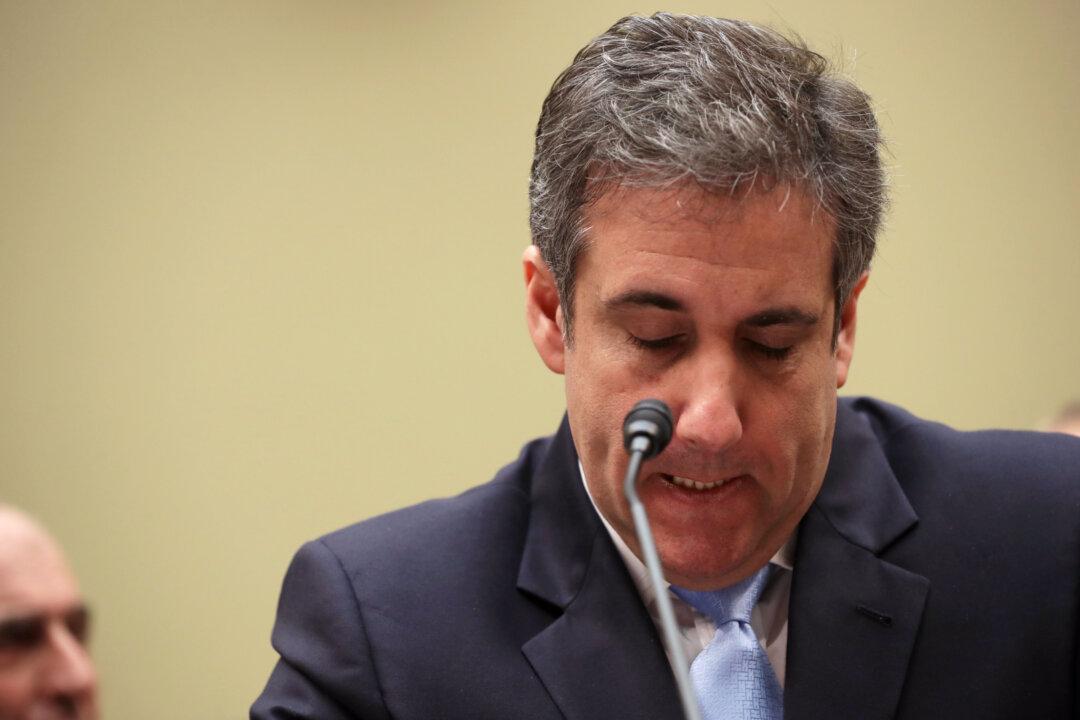Commentary
Michael Cohen’s testimony before the House Oversight and Reform Committee has evoked comments that range from laugh-out-loud ludicrous to seething indignation.

Michael Cohen’s testimony before the House Oversight and Reform Committee has evoked comments that range from laugh-out-loud ludicrous to seething indignation.